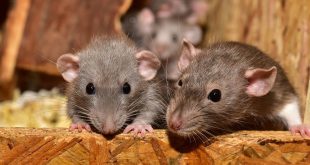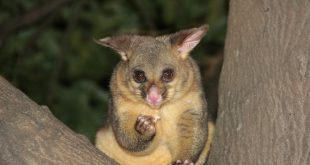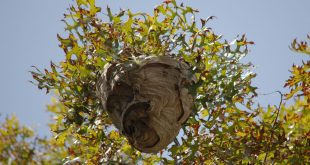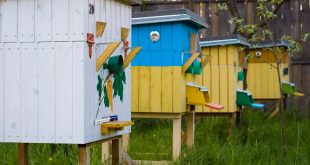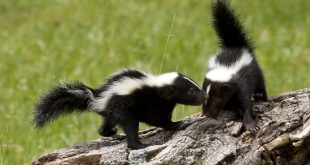Managing a beehive comes with a lot of challenges, one of which is keeping away predators. During winter, one of the most convenient places for the honey bee to be in is the beehive. This is because the environment is always warm, mild, and has enough food. A lot is invested into cultivating a proper beehive but this may be frustrated by predator and pest actions. Honey and pollen are the major food items obtained by honey bees. Many predators are believed to be attracted to these foods and may affect or ruin the hive. For a beekeeper, learning of ways to protect the hive becomes a priority. Rats are furry animals that have a history of been present almost everywhere on Earth. Almost every farm in the United States has trouble with this animal. It is one of the reasons many farm owners keep cats. In this article, we'll discuss whether or not beehives can attract rats.
Read More »Do Possums Eat Bees? How They Affect Honeybee Colonies
Raising a healthy honey bee colony can be challenging, and disheartening if it gets wiped out by predators. As the beekeeper it is therefore wise to be ahead of your enemies, and this means anticipating the enemy before it strikes. It is also important to understand what action to take if you have already been struck by a predator. The bee is an easy target of most predators, ranging from tiny pests to the huge mammals that devastate colonies all over the United States. The seasonal changes also bring its own share of challenges to the honey bees and ultimately the beekeeper. If you thought you overcame winter, then comes along predators that creep in at the dead of the night. Possums are fascinating creatures that may target apiaries. They are found in a few places across the globe including the United States. In this article, we'll discuss the effect that possums have on honeybees and their colonies.
Read More »Yellow Jacket Traps and Baits for Beekeeping
Controlling yellow jackets is important for all beekeepers, and there are a number of methods beekeepers can use to make sure these pests stay away from their hives. Digging up the nest and destroying comb is one way. You can also cover the entrance of the yellow jackets’ underground nest. …
Read More »How to Make an Ant Proof Beehive Stand
Any beekeeper that is conscious about the welfare of their honey bees leaves nothing to chance when it comes to ant-proofing their apiary. Using an ant proof beehive stand is one great way of doing so.
Read More »Protecting Bees from Skunks
Beekeeping is done as both a hobby and business practice worldwide. Bees and honey are beneficial to human beings in many ways such as nutrition, pollination and medicinal. Bees are essential for pollination, Bees and other pollinating insects are facing danger of extinction, mainly due to intensive deforestation, use of pesticides, global warming, their habitat destruction, pollution, climate change and predation. This trend of bee’s population declining threatens agricultural and humanity wellbeing. Therefore, protecting the bees is a major concern. Skunks are one of the major predators to bees. In this article, we'll discuss protecting bees from skunks.
Read More » BeeKeepClub Resources and Guides for Beekeepers
BeeKeepClub Resources and Guides for Beekeepers

